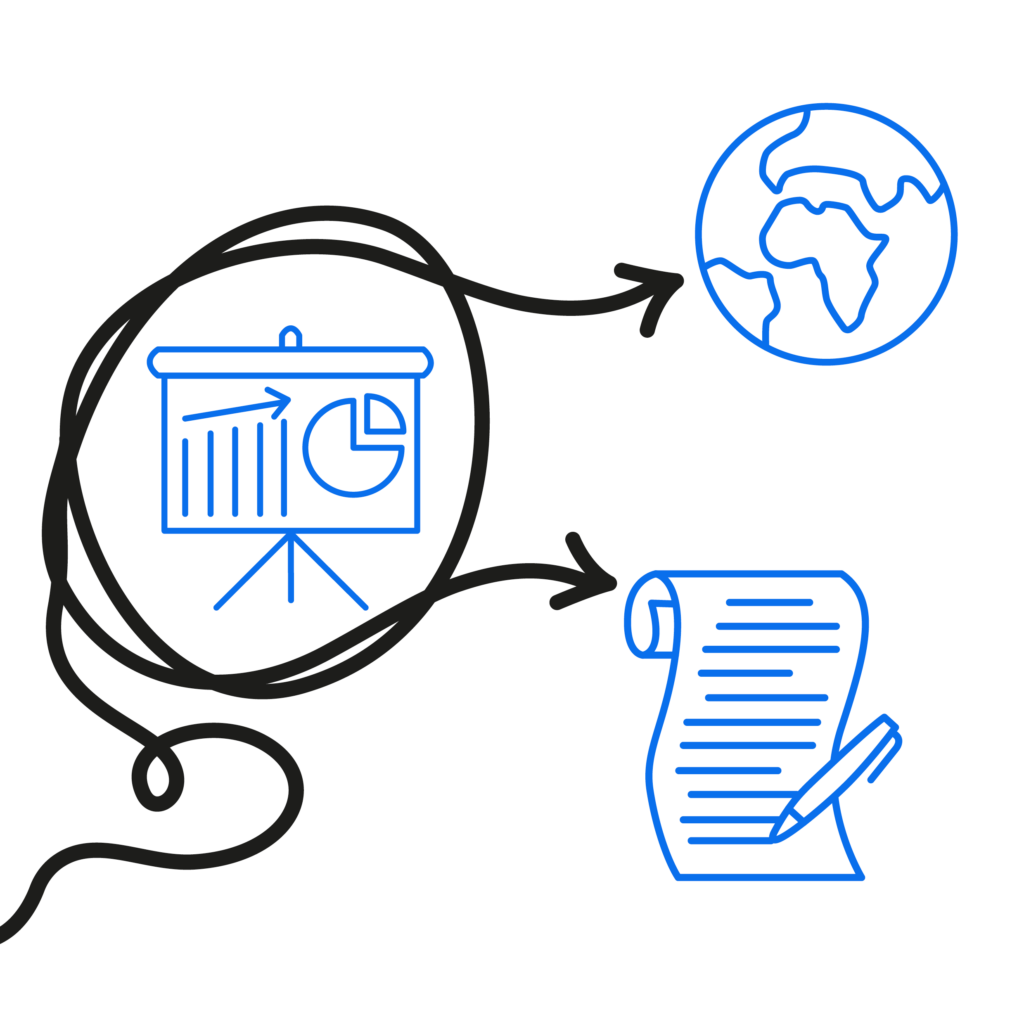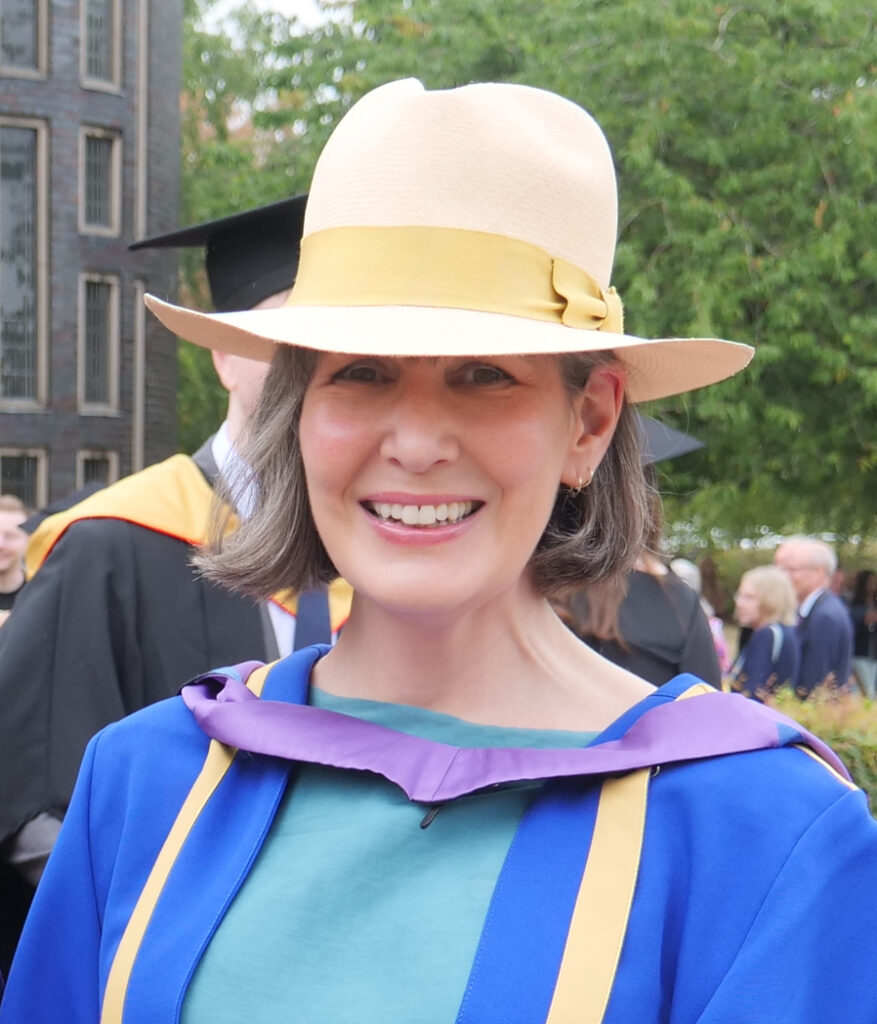
An Impact Innovation Funded Project

Priority Area:
Transparent Pathways
CRAFTED: Creating Recognition of Artisans’ Footprint and Transforming Environmental Dynamics
Artisans, who make up 20 – 60% of the global fashion workforce, are often overlooked despite their significant contributions, particularly in luxury fashion. This neglect creates a transparency gap in environmental impact reporting and undermines claims of fairness in sustainability transitions. Our project aims to address this by developing a transparency index that evaluates and ranks 50 brands and retailers based on their recognition and management of artisans’ environmental impacts. The index will highlight transparency challenges, showcase good practices, and support a just transition for artisans, ultimately driving industry and policy changes towards more equitable and sustainable fashion practices.

Dr. Deirdre McKay
Professor of Sustainable Development
Dr Deirdre McKay is a social scientist with a BA in Biology and MA in Environmental Studies, she has expertise in both international development and environmental geography. Deirdre brings extensive experience of third sector collaboration, leading the Keele team and the knowledge exchange partnership with League of Artisans.
Name of Lead Applicant:
Job Title:
Organisation:
Additional Team Members:
League of Artisan Team Members:
Consultants:
Deirdre McKay
Professor of Sustainable Development
Keele University
Dr Ellie Harrison (Lecturer in Ecology)
Dr Samir Dani (Professor of Operations and Supply Chain Management)
Carry Somers (League of Artisans)
Sol Marinucci (Texile Designer)
Dr Ritu Sethi (Co-founder of League of Artisans)
Robert Meeder,
Heinz-Werner Engel
The team’s approach focuses on evaluating and improving transparency in the environmental impact of artisan production within fashion supply chains, utilising a methodology adapted from the Fashion Transparency Index. The project consists of four main work packages:
Brand Data and Indirect Data: The team will gather and analyse both direct and indirect data on environmental conditions in artisan settings, including water use, waste disposal, and air quality. This involves integrating existing ESG data and using GIS and remote sensing techniques.
Experience: They will conduct interviews with artisans in Delhi and Colombo to obtain direct information on environmental practices. This will be supplemented by blockchain technology for data verification and focus groups with industry experts to validate findings.
Integration and Validation: Multi-actor, multi-criteria analysis (MAMCA) will be employed to develop and validate indicators for the index. The team will review and refine these indicators based on feedback from artisan organizations and extract relevant information from 50 brands’ ESG statements.
Launch and Legacy: The index will be launched with a comprehensive report highlighting transparency gaps and good practices. The launch will engage with various stakeholders through webinars and platforms, aiming to influence industry standards and secure additional funding for further research and capacity-building in artisan networks.
The index is based on the League of Artisans’ (LoA) Dignity of the Hand Manifesto, which emerged from a British Council-funded project involving artisans from seven countries. The CRAFTED project will establish evidence-based practices for artisanal production, and LoA will use the findings to create a Charter of Good Practice to complement the manifesto. LoA plans to use the index as proof of concept to seek further funding for its sustainability. They will integrate the index into fashion sustainability discussions through media strategies, presentations at key events, and collaboration with potential funders to secure ongoing support.
Expected start date: 1st October 2024
Expected end date: 30th September 2025
Project Duration: 12 months